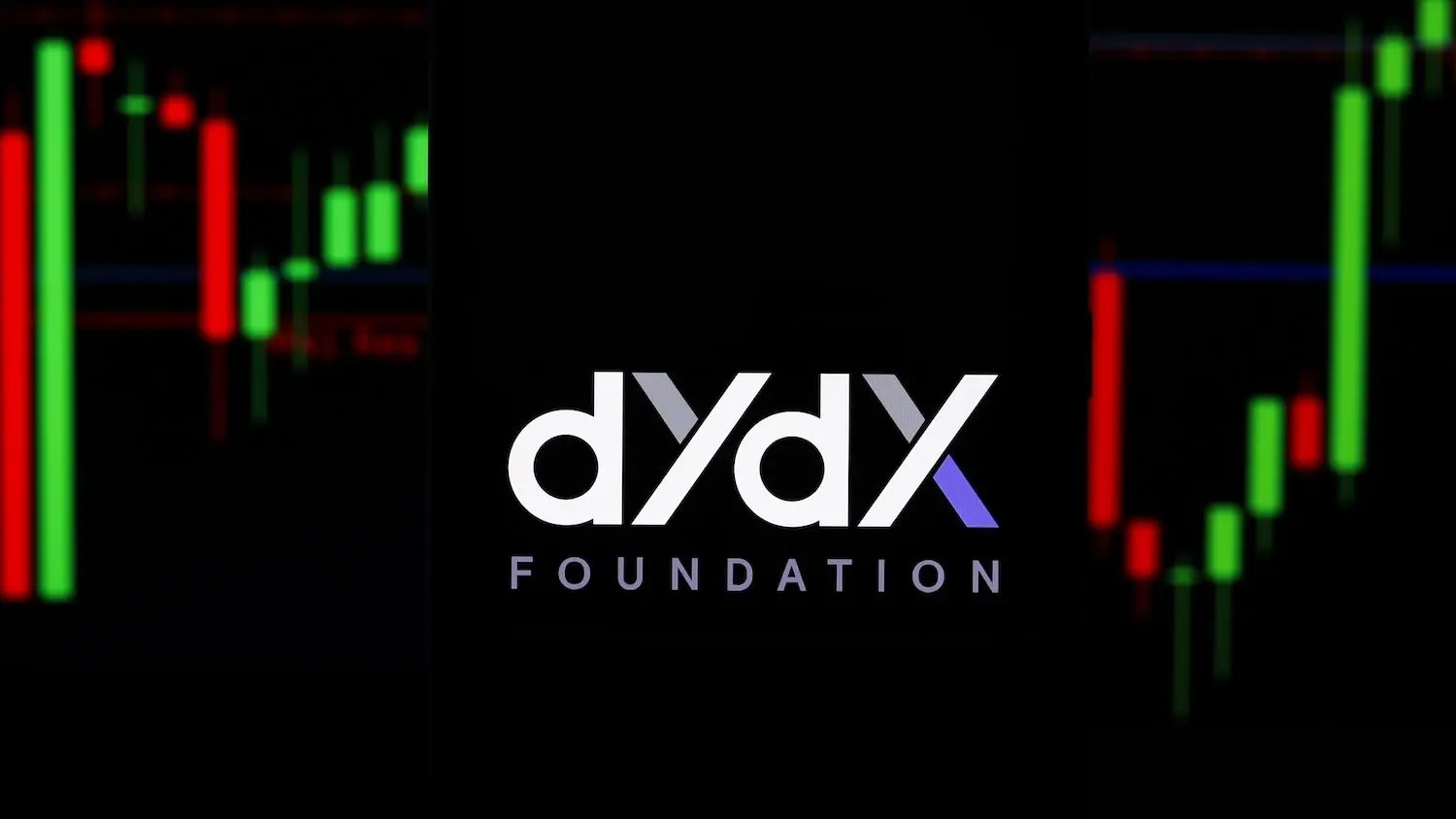Decentralized cryptocurrency exchange dYdX will launch spot trading services in the United States by year-end, marking the San Francisco-based platform's first entry into the American market after years of operating exclusively outside U.S. borders, according to company president Eddie Zhang.
What to Know:
- dYdX has processed over $1.5 trillion in trading volume since launch but has never served U.S. customers
- The platform will slash trading fees by up to 50% upon U.S. entry, dropping rates to 50-65 basis points
- Perpetual contracts, the platform's signature product, will remain unavailable to American traders pending regulatory clarity
Platform Shifts Strategy After Regulatory Changes
The exchange will offer spot trading for Solana and other digital assets to U.S. users, though its primary product line will remain off-limits. Zhang said the company views the U.S. launch as essential to its long-term direction, despite the limited initial offerings.
"It's very important for us as a platform to have something available in the United States, because I think it represents, hopefully, the direction we're trying to move in," Zhang told Reuters.
Decentralized exchanges operate differently from platforms like Coinbase and Kraken.
Rather than serving as intermediaries between buyers and sellers, they allow users to trade directly on blockchain networks. The structure eliminates centralized control but has faced regulatory scrutiny in the U.S., particularly for derivatives products.
DYdX built its business around perpetual contracts, derivatives that let traders bet on asset prices without owning the underlying cryptocurrency. These instruments differ from traditional futures by having no expiration date. The platform has carved out a significant market position with these products, but U.S. regulations have prevented American traders from accessing them.
Regulatory Environment Opens Doors
The timing of dYdX's U.S. entry follows shifts in federal policy toward digital assets.
President Donald Trump's administration has taken a markedly different approach to cryptocurrency regulation than previous years, leading regulators to drop lawsuits against several prominent platforms. Federal agencies have also begun developing specialized frameworks for digital asset markets.
Zhang said the company remains hopeful that U.S. regulators will eventually provide guidance allowing decentralized platforms to offer perpetual contracts domestically.
Last month, the Securities and Exchange Commission and Commodity Futures Trading Commission issued a joint statement indicating they would consider permitting crypto perpetual contracts on regulated U.S. platforms.
The fee reduction represents a substantial discount from current market rates. Zhang described the cuts as applying "across the board," though he did not specify how long the promotional pricing would last or whether it would apply only to U.S. customers.
Industry observers note that decentralized exchanges have grown rapidly in recent years, though they still handle far less volume than centralized competitors. The platforms appeal to users seeking to maintain control of their assets rather than depositing funds with an intermediary. Critics argue the lack of central oversight creates risks for traders, while supporters contend the technology offers greater transparency than traditional exchanges.
Closing Thoughts
DYdX's entry into the U.S. market reflects broader changes in cryptocurrency regulation under the Trump administration. The platform's decision to launch with limited products demonstrates both opportunity and continued regulatory constraints facing decentralized exchanges in America.



